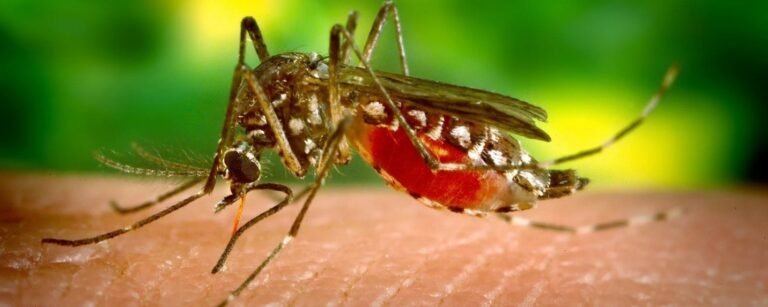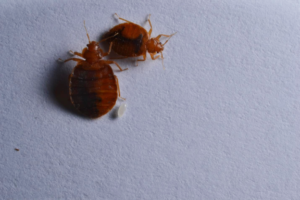Mosquitoes are tiny terrors that often go unnoticed until they strike. While their incessant buzzing may seem like a minor annoyance, these tiny insects pose a significant health risk worldwide. Responsible for transmitting a plethora of diseases, mosquitoes are vectors for illnesses that affect millions of people each year. In this blog, we’ll delve into the world of mosquito-borne diseases, exploring their impact, prevention strategies, and the ongoing efforts to control these blood-sucking pests.
Understanding Mosquito-Borne Diseases
Mosquito-borne diseases are caused by pathogens transmitted to humans through the bite of infected mosquitoes. These diseases can vary in severity, ranging from mild discomfort to life-threatening conditions. The most common mosquito-borne illnesses include:
- Malaria: A deadly disease caused by parasites of the Plasmodium genus, transmitted through the bite of infected Anopheles mosquitoes. Malaria remains a significant public health concern, particularly in tropical and subtropical regions.
- Dengue Fever: Caused by the dengue virus, transmitted primarily by the Aedes aegypti mosquito. Dengue fever can range from mild flu-like symptoms to severe manifestations such as dengue hemorrhagic fever, which can be fatal if left untreated.
- Zika Virus: A relatively recent addition to the list of mosquito-borne diseases, Zika virus garnered global attention due to its association with birth defects, particularly microcephaly, in infants born to infected mothers. It is primarily transmitted by Aedes mosquitoes.
- Chikungunya: Characterized by fever and severe joint pain, chikungunya is caused by the chikungunya virus, transmitted by Aedes mosquitoes. While rarely fatal, the symptoms can be debilitating and persist for weeks to months.
Prevention Strategies
Preventing mosquito bites is the most effective way to reduce the risk of mosquito-borne diseases. Here are some practical strategies to protect yourself and your community:
- Use Mosquito Repellents: Apply insect repellents containing DEET, picaridin, or oil of lemon eucalyptus to exposed skin when outdoors, especially during peak mosquito activity times. Have fogging, ULV/misting at your premises, install mosquito traps.
- Wear Protective Clothing: Cover exposed skin by wearing long-sleeved shirts, pants, and socks when spending time outdoors, particularly in areas where mosquitoes are prevalent.
- Eliminate Breeding Sites: Mosquitoes breed in stagnant water, so eliminate sources of standing water around your home, such as flower pots, buckets, and clogged gutters.
- Install Screens and Nets: Use screens on windows and doors to prevent mosquitoes from entering your home. When sleeping outdoors or in areas with high mosquito activity, use mosquito nets over beds and cribs.
- Support Vector Control Efforts: Community-based vector control programs, including insecticide spraying and larval control measures, play a crucial role in reducing mosquito populations and preventing disease transmission.
The Role of Research and Innovation
Advancements in mosquito control technologies, such as genetically modified mosquitoes and novel insecticides, offer promising avenues for combating mosquito-borne diseases. Additionally, ongoing research into the biology of mosquitoes and the pathogens they transmit provides valuable insights into disease transmission dynamics and potential intervention strategies.
Conclusion
Mosquito-borne diseases continue to pose a significant threat to public health worldwide. By understanding the diseases they transmit and implementing effective prevention strategies, we can mitigate the risk of infection and reduce the burden of these illnesses on individuals and communities. Continued research, innovation, and community engagement are essential components of comprehensive mosquito control efforts, ultimately aiming to create a world where the buzz of mosquitoes no longer spells danger.



